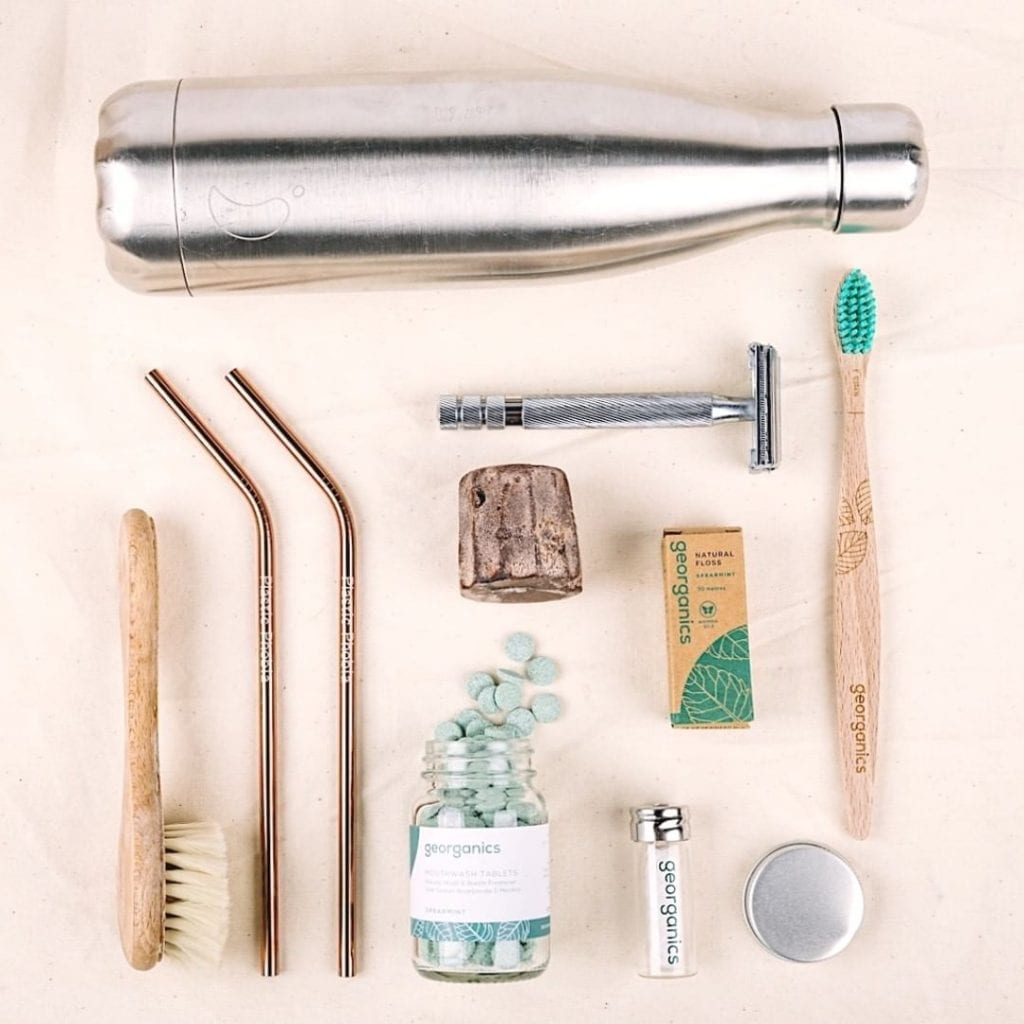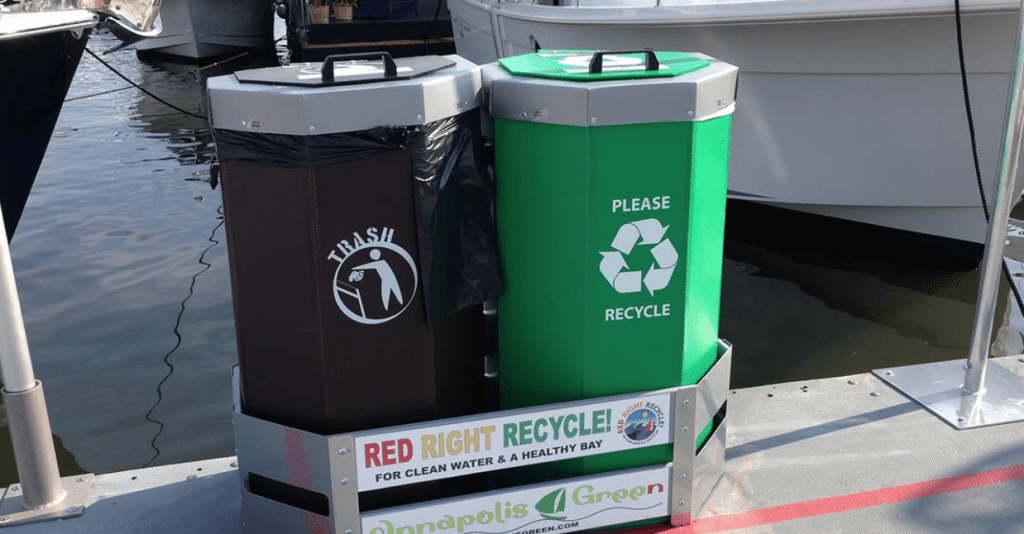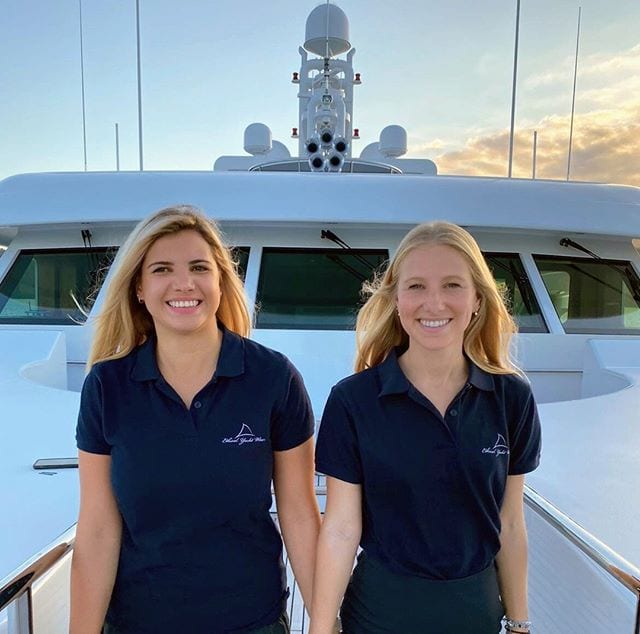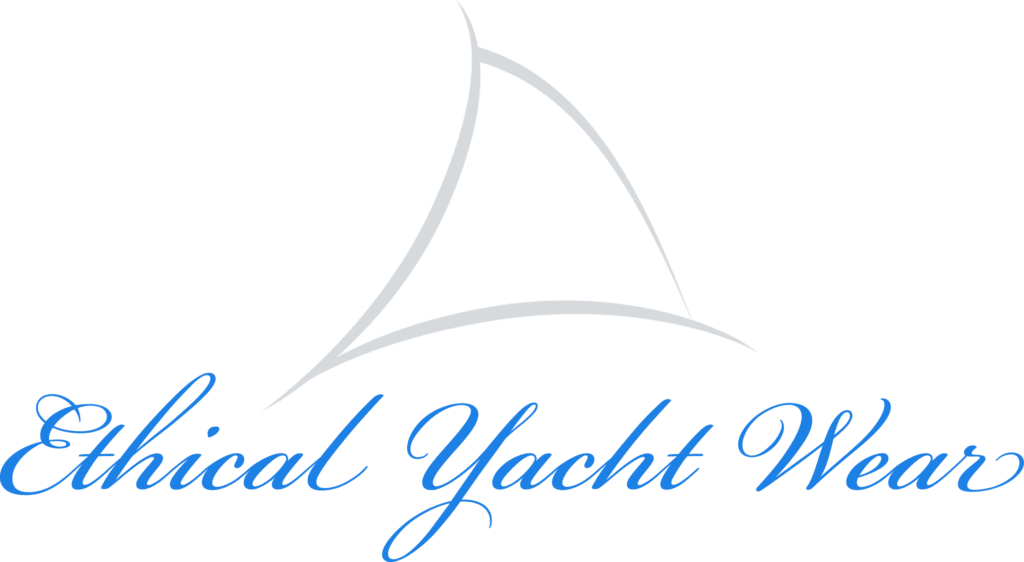As the issues of climate change, carbon emissions, air, and water pollution remain ongoing global challenges, sustainability and a decrease in one’s environmental footprint have received an increased focus within the yachting industry. From the expansion of regulations for boating within various areas in the world to the growing popularity of energy-efficient systems, the sector’s environmental impact is a hot topic. Although the idea of yachts becoming more eco-friendly may appear to be an oxymoron, take a look at the list below for ways the industry is going green!
Hybrid & All-Electric Drive Systems

Although pure electric power remains a developing option for large vessels, manufacturers are placing a larger focus on hybrid and electric power concepts. From design to construction and operation, the industry is rethinking the fuel consumption and environmental impact of yachts.
Emerging technologies, such as lithium batteries are now being paired with hybrid propulsion systems to increase smart power management and lead to a reduction in the use of diesel fuel.
Energy efficient concepts lower operational costs, energy use and greenhouse gas emissions. Alternative fuels, such as liquefied natural gas and hydrogen fuel cells are continuing to be explored. Yet, hybrid and all-electric drive systems remain a popular eco-friendly trend to reduce environmental impact.
Innovations in design, such as dynamic, streamlined hull shapes, steep entrance angles and superstructures designed for frictionless operation through the water are also rising in popularity to increase efficiency.
Additionally, updates to yacht materials, including the use of carbon fiber rather than steel and integration of interior design elements, such as vegan leather and recycled wood can result in a lighter, more green-friendly vessel.
Furthermore, increased protections and regulations of marine environments around the world are leading to more environmental restrictions. Various parts of the world may soon require zero-emission boats to permit entry into waters.
Elimination of Single-Use Plastic & Introduction of Green Products

Superyachts are notorious for consuming an abundance of single-use products. Subtle shifts in the products consumed by guests and crew can result in significant impacts. Examples of small, yet, long-lasting practices include installing a water filtration system onboard to dispense chilled and boiling water. This provides a drastic decrease in plastic bottles while providing additional storage space and less time and effort buying and transporting plastic-packaged bottled water.
Additionally, rather than purchasing products packaged in plastic, paper-wrapped or plastic free packaged items are more environmentally-friendly and more likely to be recyclable. This can be thought about at the very beginning when choosing what items to buy when provisioning.
Ethical Yacht Wear’s line of crew amenities and toiletries include reef-safe sunscreen, shampoos, conditioners, mouthwash, razors and a whole range of products made with zero plastic waste.
Eco-friendly Methods of Waste Management

While living and working on board, simple habits can lead to better waste management. Sorting waste selectively can greatly reduce a yacht’s weekly production of waste. The future disposal of all items and supplies must be considered and accounted for prior to being brought on board.
It’s important to inform crew of proper waste management as well as disposal policies and procedures. Ensuring that everyone is “on board” with these policies and continues to be mindful of the large impact an individual yacht’s practices can have on the planet.
These measures begin with the purchasing process where the environmental impact of each product and it’s package must be taken into consideration. Another important step is awareness of the environmental impact of all detergents and chemicals that run off from the yacht straight into the ocean. Purchasing biodegradable and natural detergents, soaps and other daily-use chemicals is extremely important, as they may come in contact with delicate marine environments. When at sea, never discharge black water in protected marine areas, bathing and mooring areas and waters with limited renewal.
When in harbor, disposal of waste must be in appropriate containers and in compliance with local guidelines.
Some essential rules of thumb, especially with the use of plastics, is to supply with loose products, rather than pre-packaged ones and utilize recyclable and reusable containers, such as glass and cardboard.
An additional measure may be to ban or discourage the use of disposable products while on board. Additionally, following the practices of “reduce, reuse and recycle” as often as possible is an important step in responsible waste reduction and management.
Increase in Plant-based Meals

While all guests and crew provide food lists based on intolerances, allergies and preferences, onboard chefs have noticed an upwards trend toward vegetarian and vegan menus.
Although meat, dairy and seafood will likely remain on yachting menus for the foreseeable future, a decrease in the consumption of such food groups results in a reduction of greenhouse gas emissions and use of water to feed livestock used by the meat and dairy industry.
Those working and staying on luxury yachts will likely notice an increased variety of meat-free and dairy-free options.
Brands with a Focus on Environmental Impact

Ethical Yacht Wear was created to fill a gap in the yacht crew uniform and amenities market for ethically-made, fair trade products made from 100% organic cotton and recycled materials. The company supplies garments that have gone through meticulous processes to ensure each product is made with as little impact on the environment as possible. In addition to creating crew wear made from organic cotton and free of pesticides, fertiliser or chemical run off into the oceans, the company has a commitment that every person involved in the process of making the garments receives a fair wage and safe working conditions.
Since the company’s inception in 2018, Ethical Yacht Wear has successfully funded the removal of 3 tonnes (the equivalent of 150, 000 500ml plastic bottles) from the ocean as 10% of profits from every sale is given back to a Canadian company called The Plastic Bank. The Plastic Bank pays people in less fortunate countries to pick up plastic (as jobs), they then pay the workers for collecting the plastic and sell it back to large corporations, therefore reducing poverty and saving millions of tonnes of plastic from our oceans.
Other notable eco-orientated businesses making drastic changes within the industry are Ginnacle Import & Export and The Rainbow Revival.
Ginnacle Import & Export supply yachts with natural teak that does not sacrifice nature. They stand by their guarantee that no new forests are cut and no machines will tear up virgin forest soil in the making of their products.
They’ve supplied well-known yachts, such as Octopus, Nero and Topaz stating, “we like to say that we are recovering a forest of valuable teak without cutting a tree (and) without damaging the delicate balance of the ecosystem of natural teak forests”.
The Rainbow Revival have found their own way of increasing the industry’s sustainability by repurposing recycled water toys and turning them into beach bags, makeup bags, and toiletry bags. The Rainbow Revival also contributes five percent of all profits to Sea Shepherd France’s marine conservation efforts.
Interested in learning more about how Ethical Yacht Wear is working toward a more environmentally-friendly yachting industry? Shop our collection of sustainable, fair trade crew uniforms made from 100% organic cotton and recycled materials or explore our lines of eco-friendly crew toiletries. We’re committed to giving back 10% of profits from every sale to ocean clean up and research!


